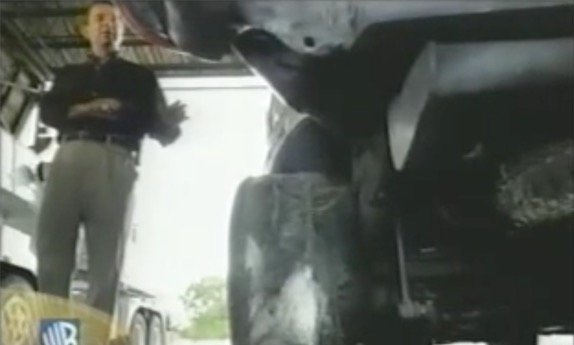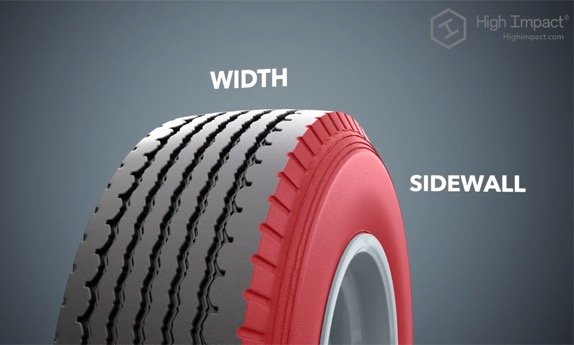Class-Action Accuses Audi of Dangerous Start/Stop System Defect

There are two complaints in this class-action lawsuit against Audi. The first is that defective components in Audi’s start/stop system can lead to dangerous failures. These include unpredictable acceleration, delayed braking, and issues with the power steering. The second allegation is that Audi knew about these problems and sold the vehicles anyway. The second allegation is a violation of the law and could leave Audi on the hook for punitive damages.
Below, we’ll take a closer look at the lawsuit.
The Allegations
Plaintiffs contend that the dangerous defect can cause the power steering and brake assist to turn off at random while the vehicle is still moving. This can result in delayed braking, accelerating, or steering.
According to the complaint, all Audi models from 2017 – 2020 may be affected, excluding electric and hybrid models.
The plaintiffs allege that this defect is potentially dangerous and even life threatening. If the vehicle someone is driving doesn’t respond immediately, then they could very easily misjudge the braking distance. According to the plaintiff’s attorneys, Audi won’t admit that the defect is real and continue to sell defective vehicles to customers.
In a service bulletin from Audi to dealerships, Audi acknowledged the complaints but offered no solution on how to fix them. The lawsuit accuses Audi of violating the Magnuson-Moss Warranty Act.
What is the Magnuson-Moss Warranty Act?
The Magnuson-Moss Warranty Act is like a gauntlet. Once it is thrown down in federal court, it escalates the matter exponentially. The Act itself has language that simply forces companies to abide by the terms of their warranty, but also contains language that appears to give plaintiffs the ability to sue for implied breach of warranty as well. In other words, implied warranties can be litigated under Magnuson-Moss.
To make a case under Magnuson-Moss, you need to prove three elements. First, that there was a warranty. Implied warranties generally mean fitness for an express purpose. In this case, all consumers, when purchasing a vehicle, assume that it is safe to drive and will get them from point A to point B. The second element is that the product was presented for repair by the customers. The third element is that the manufacturer refused to replace or repair the vehicle or product or that they failed to repair the vehicle in a reasonable amount of time.
In this case, Audi is facing charges that they knew about the defect and refuse to admit that the problem exists. This would constitute a breach of the vehicle’s warranty, and leaves Audi susceptible to punitive damages.
The defect is related to an environmental feature that reduces the vehicle’s emissions while the car is stopped at a street light, for instance. The defect, allegedly, can cause the engine to shut down before it’s come to a complete stop.
Talk to a Defect Auto Part Attorney in Florida
If you’ve been injured due to the failure of an auto part on yours or someone else’s vehicle, you may be able to sue the manufacturer for damages. Call the Coral Gables tire defect attorneys at Halpern, Santos & Pinkert today to schedule a free consultation.
Resource:
businesswire.com/news/home/20200709005985/en/Hagens-Berman-Class-Action-Lawsuit-Accuses-Audi-Ignoring
https://www.tiredefectattorney.com/mustang-owners-suing-ford-over-defective-manual-transmission/












